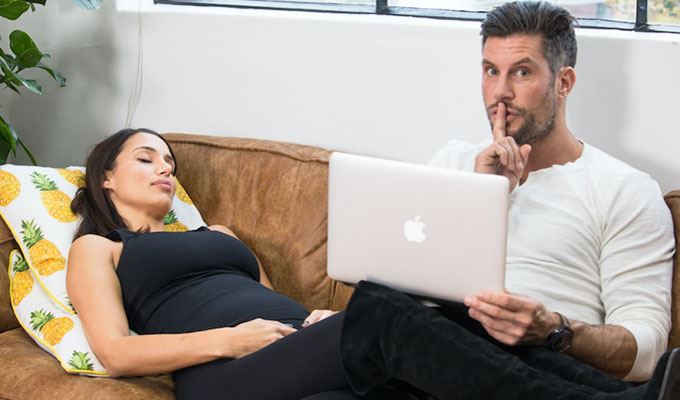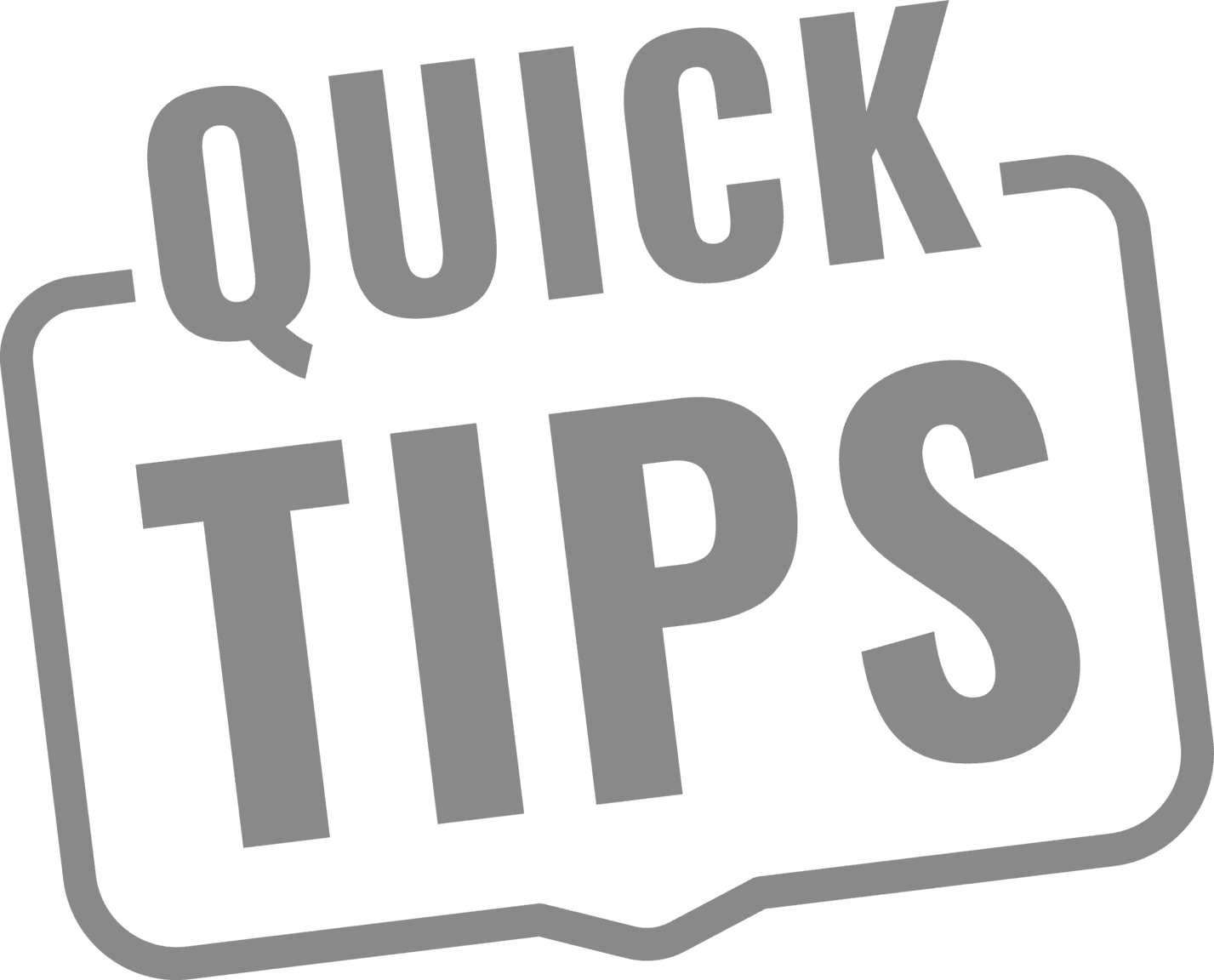Getting enough sleep may be the single biggest improvement that you can make for your health. We are often very aware of our exercise and food intake behaviours, but most of us forget about an equally important aspect of our lives.
Sleep.
With so many of my 28er’s proactively working to improve their fitness and nutrition, it’s time to highlight the importance of a getting enough sleep and the positive impact it has on our physical and mental health and our overall sense of wellbeing.

Why is sleep important?
Just like our bodies need sufficient food and physical exercise, we need sleep to support our physical and mental health. Adequate sleep is central to having enough energy to handle our busy lives and bring the best of ourselves to our work, our families and our relationships.
When we miss out on a good sleep, we not only lack the energy to tackle the day ahead, but we also tend to make poorer food choices and lose motivation to work out (or do anything for that matter!). We need sleep to keep our immune system healthy and in good working, and it’s required for our body to heal and repair our heart and blood vessels.
Consistent lack of sleep is linked with high blood pressure and heart disease, so putting a good night’s rest at the top of our list of priorities is a must.
GOOD SLEEP TIP 1: DO A NIGHTLY ‘DIGITAL DETOX’ & LET GO OF THE SCREEN
How often have you had the experience of falling asleep in front of a TV show that you were only half watching? In our tech-obsessed ‘always connected’ society, it’s no surprise we are bad at putting ourselves to bed. Our addiction to screens and our unwillingness to ‘switch off’ at night can be a major reason why a lot of us feel sluggish, slow and demotivated in the morning.
Late-night screen time impacts the quality and quantity of our sleep.
Not only does burning the midnight candle with our TVs or phones waste our valuable (and limited!) hours of sleep time, it keeps our minds active when we should be winding down, making it harder to fall asleep once we do switch off the technology. So many of our sleep problems stem from too much screen time, but it can be fixed by creating a bedtime routine that builds some healthy sleep hygiene into your night. Change can be hard, but it’s important to do your best to create some space between screen time and sleep time.
Turn off the telly an hour before bed and make your bed a no-phone zone.
If you give yourself a peaceful transition into slumber, you’ll be much more likely to fall into a deeper sleep for longer. And, when you have your sleep sorted, you’ll wake up the next morning feeling energised and ready to meet whatever the day brings!
Say goodbye to late-night Googling
How many of us waste away hours searching the net before bed, losing sleep as the hours fly by? If you have trouble breaking this habit, then try asking yourself a few important questions:
- Will anything change if you Google whatever it is tomorrow?
- Is what you’re searching for more important than getting a good night’s sleep?
- Is it a fear of missing out (FOMO)? A sense of boredom? Or a feeling of letting go?
Be kind to yourself and cut the late-night Googling, you’ll thank yourself in the morning.

If you’re struggling to cut back on the screen time, try this experiment!
Take a couple of minutes to imagine what it is going to feel like to turn off the phone or the TV. It may feel uncomfortable, but embrace being uncomfortable for a moment, and then think ahead to how good it is going to feel to know that you are looking after your brain, your heart and your mind by going to bed on time. Consider how it’s going to feel waking up full of energy after a good night’s sleep, and let that motivate you to start your healthy new nighttime routine.
GOOD SLEEP TIP 2: GET OVER THE GUILT ABOUT NAPPING
Feeling tired but too guilty to sneak in a nap even if you found a spare 20 minutes?
The benefits of getting enough sleep range from better heart health and less stress to improved memory and weight loss. Who wouldn’t want that?
A short nap gives you many benefits including renewed attention and energy for the rest of the day. While naps don’t necessarily make up for inadequate or poor quality nighttime sleep, a short 20-30 minutes with your eyes shut can help to improve mood, alertness and performance. So don’t feel guilty about getting in a quick nap if you’re lucky enough to find the time.
Of course, napping might be a luxury for many of us who have jobs and kids, where we simply can’t have a nap in the afternoon. However, there might be times on the weekend when it might be possible to sleep and if you feel tired and low energy, this really could be the most effective use of your time.
When you’re deprived of sleep, your brain can’t function properly, affecting your cognitive abilities and emotional state. If it continues long enough, it can lower your body’s defences, putting you at risk of developing chronic illness, including cancer.
Sleep (or lack of it) directly influences our mental and physical health. So, if you ever have time to take a nap, give it a go!
The most obvious signs of sleep deprivation are excessive sleepiness, yawning, and irritability. Chronic sleep deprivation can interfere with balance, coordination, and decision-making abilities. If this doesn’t make you want to hit the snooze button, we’re not sure what will.
START WITH SOME SIMPLE SLEEP STRATEGIES:
1. Aim to go to sleep at the same time each night, and set your alarm clock for the same time each morning. I recommend aiming for 7.5 hours of sleep each night – this is the sweet spot!
2. Cut out caffeine intake after 2pm
3.. Turn off all screens an hour before you go to bed
4.. Make time every day for your 28-minute exercises, this can significantly help you sleep at night
5. Avoid any alcohol close to bedtime
6. Improve your sleep quality by making your bedroom as dark and cool as possible
7. Take a nap when you can
If you need to make sleep at night as much of a priority as your exercise and nutrition, and I promise you will feel the positive effects it has on your mind and body in no time.

